We’re back with another exclusive Magic: The Gathering reveal – this time, a first look at six cards from the upcoming set March of the Machine, including one that’s part of a potential two-card combo to instantly kill your opponent in Magic’s Standard format. We also spoke with Set Design Lead Dave Humpherys from Wizards of the Coast about the designs behind each card and the brand new “battle” card type.
Flip through this slideshow to see all the new cards, and read on to hear Humpherys’ thoughts on them:
Potentially the most notable of these cards is Invasion of Tarkir, which is a battle card – the first new permanent type in Magic since WOTC introduced the now-ubiquitous planeswalkers nearly 16 years ago. When you play a battle you get an immediate effect, but you then choose an opponent to defend it – dealing enough damage to the battle (either with attacking creatures or direct spells) will allow you to flip it over into a new card, in this case a very angry dragon. Humpherys says they discussed whether battles could simply be enchantments or lands, but that “conceptually what we were aiming for just didn’t really make sense as any existing card type.”
WOTC hopes that battles will be playable right out of the gate, with Humpherys also telling us that other design teams have already expressed interest in potentially using them as part of future sets. “If they play as well as we’re hoping,” he explains, “they should show up from time to time in worlds where they make sense for the current story, but I doubt they’ll ever be in every set.” To help enable that, March of the Machine’s battles all have the “siege” subtype, providing some flexibility for WOTC to change or iterate on their design down the line.
Two more of our reveals today are part of card cycle in March of the Machine that partners previously individual legendary characters from a given plane onto a single card – in this case, Baral and Kari Zev from Kaladesh and Rankle and Torbran from Kaldheim. Humpherys says “it’s great when we can find a way to fuse together abilities that the characters are known for to create a twist that would otherwise look cohesive enough for a new creature card we might make.”
A previously revealed team-up was the somewhat comical Yargle and Multani, which is simply an 18/6 creature with no abilities, but another of our reveals that uses the new Backup mechanic recontextualizes that legendary team-up to deadly effect. Creatures with Backup can give +1/+1 counters and temporary abilities to another creature when they enter the battlefield, and Voldaren Thrillseeker’s ability enables a two-card one-turn-kill combo within March of the Machine as a result. While it takes 10 mana of three different colors to pull of in a single turn, using Voldaren Thrillseeker to buff Yargle and Multani allows you to immediately have a 20 power creature that you can sacrifice to theoretically kill your opponent outright.
“Voldaren Thrillseeker with Yargle and Multani was a very intentional interaction that we believed would be fun content given the mana costs of those cards and ways to disrupt that combo with removal or life gain,” Humphreys assures. He also explains that he led set design for Ikoria, which had a way to give other creatures new abilities in the Mutate mechanic, indicating that they were confident about using a similar idea here.
Our last two cards are the first Phyrexian “lord” (Magic’s colloquial term for a creature that buffs other creatures of the same type) we’ve seen, as well as a Phyrexianized version of the fan-favorite enchantment Shark Typhoon. Notably, the latter is one of the cards in March of the Machine that creates Magic’s first transforming token, creating what is essentially an egg you can pay mana to hatch into a real creature. Humpherys even says that the idea for Chrome Host Seedshark came about because the concept art for those Incubator tokens looked a bit like shark eggs.
You can read my full interview with Dave Humpherys below with plenty more interesting tidbits about these cards, but this is far from the only thing Magic has cooking right now. While March of the the Machine will release early next month, we also had the exclusive first reveal of its Lord of the Rings crossover set arriving later this year.
IGN: Battles are the first new permanent type since Planeswalkers, and we’ve seen how big of an impact those had on Magic. Do you expect Battles to be similarly impactful, showing up in every set from now on?
Dave Humpherys, Set Design Lead for March of the Machine: We intentionally framed these as Battles as opposed to something more like Planes so that they could be used in a large variety of future settings. Other design teams have expressed interest in using them. If they play as well as we’re hoping, they should show up from time to time in worlds where they make sense for the current story, but I doubt they’ll ever be in every set. For now, we’re eager to see what players enjoy the most about them so we know how to deliver on future designs.
Why make a new permanent type at all? Was this simply the best way to express a new design you had in mind, or were you consciously looking to shake up the game in some new way?
Conceptually what we were aiming for just didn’t really make sense as any existing card type. We certainly discussed whether they should be lands or enchantments as the mechanic was evolving. A danger of new card type is a lack of ways to interact with it. Fortunately, the game engine allows interaction via attacking and blocking for them and the rewards for winning the battle are in casting card types already in the game. A new card type is cool though. We just need to be sustainable in when we do it.
Mark Rosewater spoke on his podcast once about how it’s tricky to dial in the balance of a new thing like this – specifically the very first Equipment cards, in that instance. Are you looking to play it safe with the first run of Battles so that they don’t cause balance issues, or are you hoping these will be played competitively right out of the gate?
While we know creating a new card type like Battles that there would be risks, we approached it more from a standpoint of determining how we could mitigate those dangers systematically rather than by aiming under on power level. We do hope these will be playable right out of the gate.
Is Siege the only current type of Battle? Was part of the intent with introducing subtypes right away to leave you more design space in the future?
Siege is the only current subtype for Battle. As I noted earlier, there were other future teams exploring the design space of Battles, so we knew we wanted to set things up in a way that would be compatible for other functionality and keep design space open for future iterations of Battles.
When it comes to character choice, what goes into making the perfect legendary team-up?
I don’t think there’s any one formula for the perfect team-up. I think they are a lot of fun when the two characters share overlap in identities but also stark contrasts. It’s great when we can find a way to fuse together abilities that the characters are known for to create a twist that would otherwise look cohesive enough for a new creature card we might make.
Is there a particular pair you thought about giving a card that you were sad didn’t make the final cut?
I believe all the pairs we were most excited about made it to print. We kept adding more to the set and made yet more for the prerelease. There were some pairs we just didn’t come up with satisfying mechanical designs for, but not for any that I didn’t feel like didn’t eventually land on a significantly more satisfying design for from that plane.
Was there ever a time when these team-ups were two cards using the “partner with” mechanic, or was the idea always to merge their abilities onto one?
The idea for these was always to merge two characters into one card. “Partner with” is also mechanically something we’re more likely to use in non-Standard-legal products.
The Backup mechanic on Voldaren Thrillseeker seems like it could result in some pretty unexpected combos depending on what abilities are linked to it – for example, just within this set, you can use it with the previously revealed Yargle and Multani to deal 20 damage. Did you have to come up with any rules when designing backup abilities given the three-decades of creatures they could interact with in eternal formats, and do you have any thoughts about that two-card combo specifically?
Voldaren Thrillseeker with Yargle and Multani was a very intentional interaction that we believed would be fun content given the mana costs of those cards and ways to disrupt that combo with removal or life gain. There weren’t any rules we felt we needed to make other than just testing out designs. I led the set design for Ikoria and thus also the mutate designs in that set, which means that I especially enjoy combining of abilities like this but also felt confident we could do so again with this mechanic.
We’ve already seen iconic characters be compleated and how that affects their mechanics, but it’s fun to see Chrome Host Seedshark, which is basically the compleated version of the enchantment Shark Typhoon. What were some of the challenges or joys of compleating certain iconic Magic concepts and tropes in addition to characters?
The joys of the process were largely in looking around our entire multiverse and finding what we’d love to see in phyrexianized form. Seeing what our artists can create with that is then immensely satisfying. The idea of the Chrome Host Seedshark in part came from my thinking that some the Incubator tokens in concept art push looked a lot like shark eggs to me and suggesting this concept. I also loved that we compleated some of our creature in forms that were callbacks to some past iconic Phyrexian creatures. There weren’t many challenges other than running out of space in the set to do all the creatures we otherwise might have wanted to see.
Phyrexian Butcher is the first proper “lord” for Phyrexian creatures. Why did you decide to wait until March of the Machine for that instead of introducing it on the Phyrexian’s home plane in All Will Be One?
There were just so many Phyrexian creatures in All Will Be One that having a card that cared about them felt almost too easy, at least in the context of sealed and draft where over 90% of the creatures had that creature type. We realized the desire for cards that cared about them though and knew that March of the Machine had them as a percentage of the set that was more fitting for limited and would still be soon enough for constructed.
Tom Marks is IGN’s Deputy Reviews Editor. He loves card games, puzzles, platformers, puzzle-platformers, and lots more. You can follow him here.





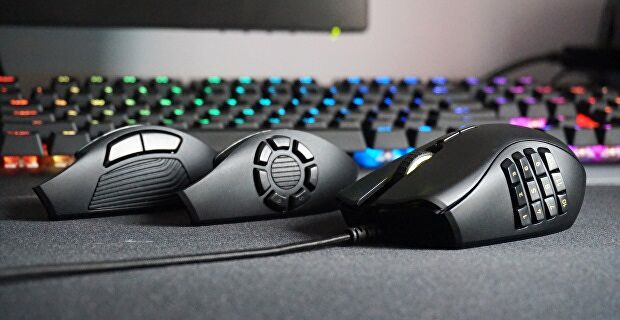
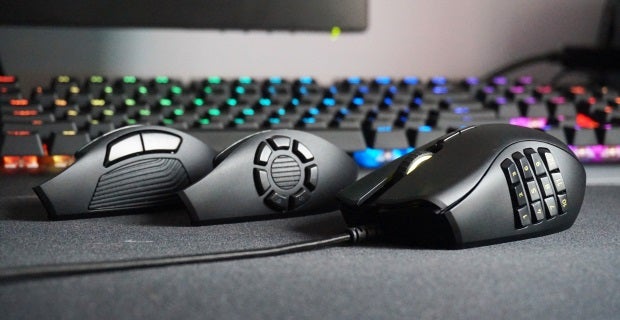 the last time we did some Reader’s Choice polls, so I thought you might like to know that this popular rodent is more than half-off on Amazon at present as part of the firm’s
the last time we did some Reader’s Choice polls, so I thought you might like to know that this popular rodent is more than half-off on Amazon at present as part of the firm’s 



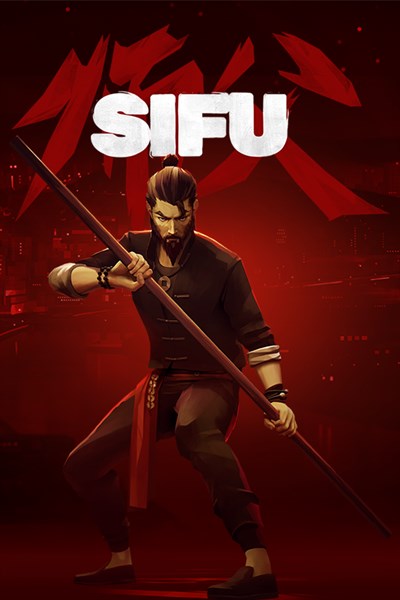


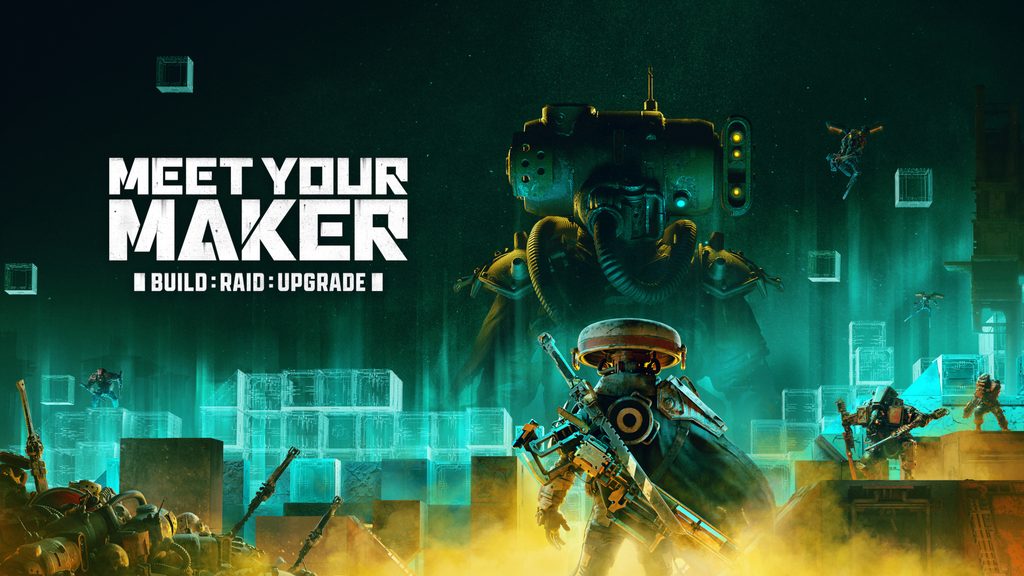
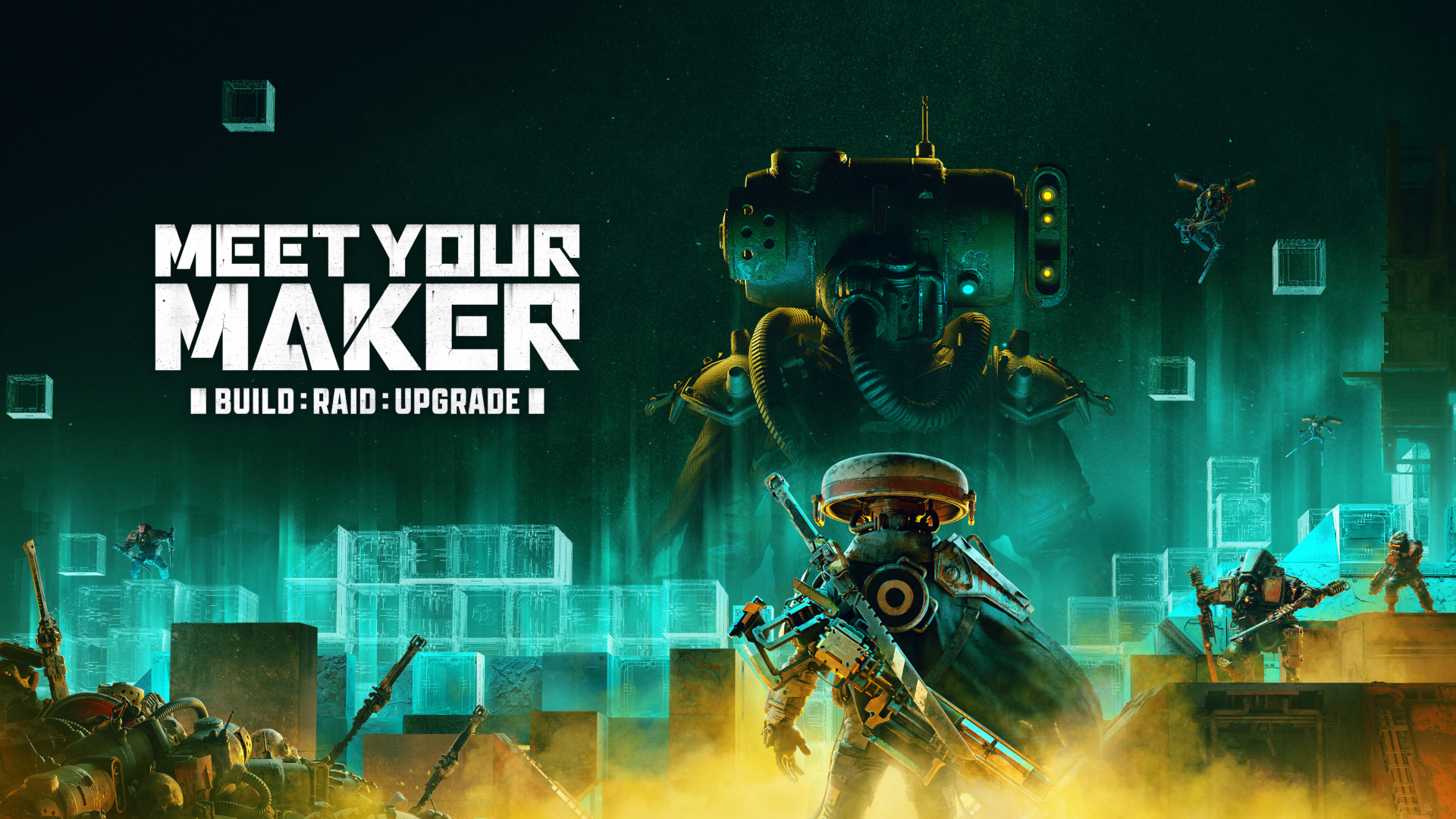
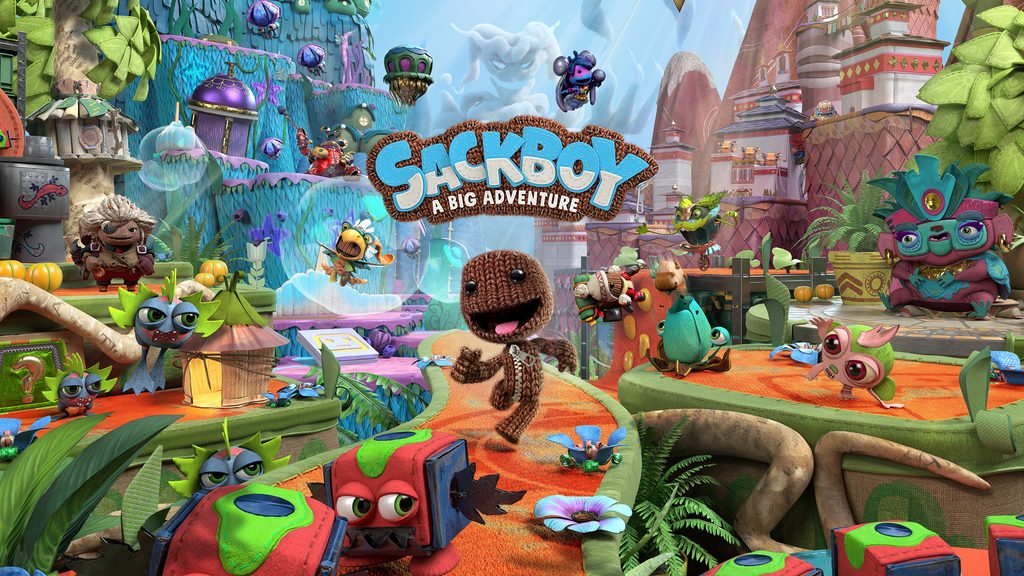
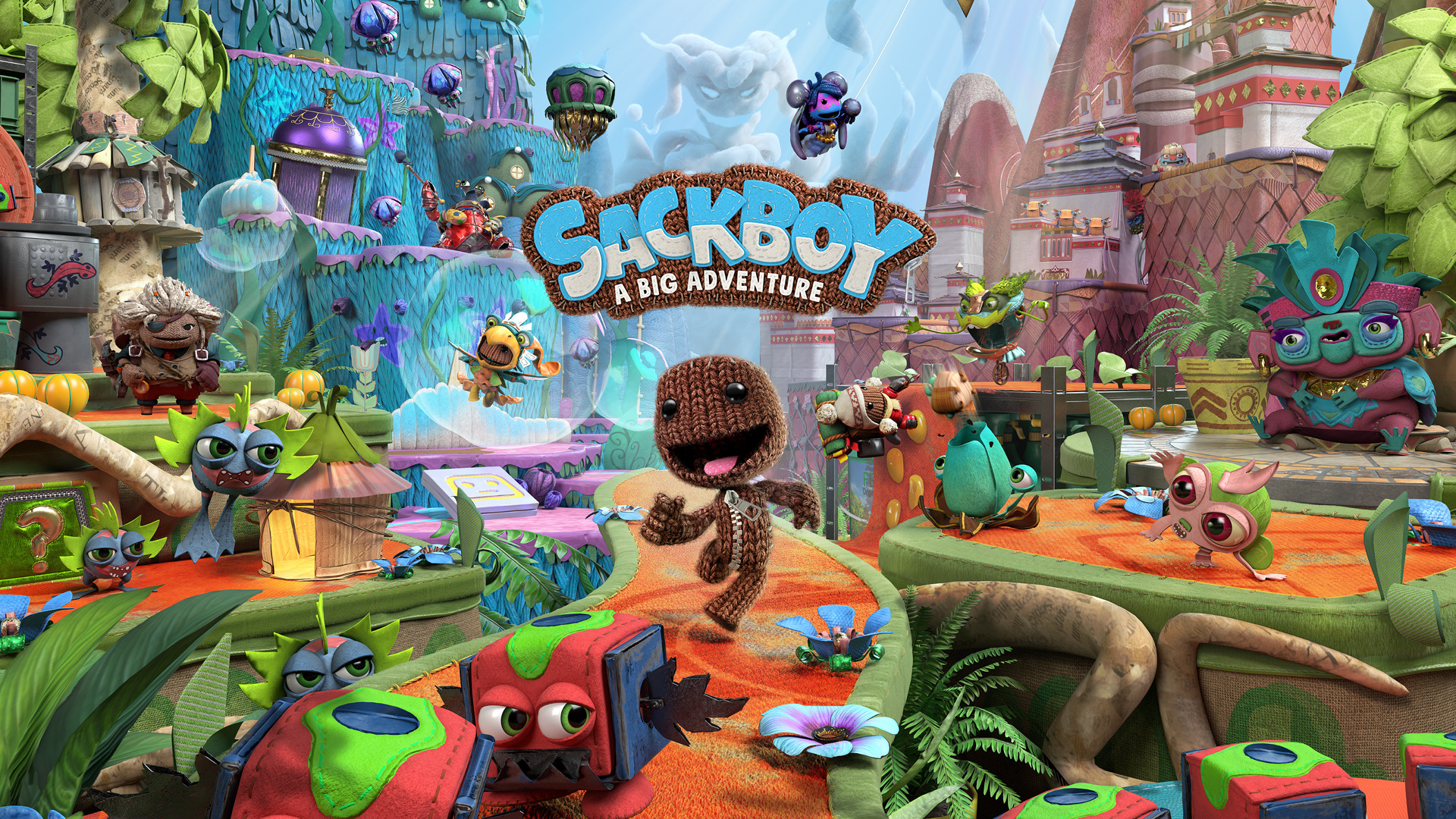

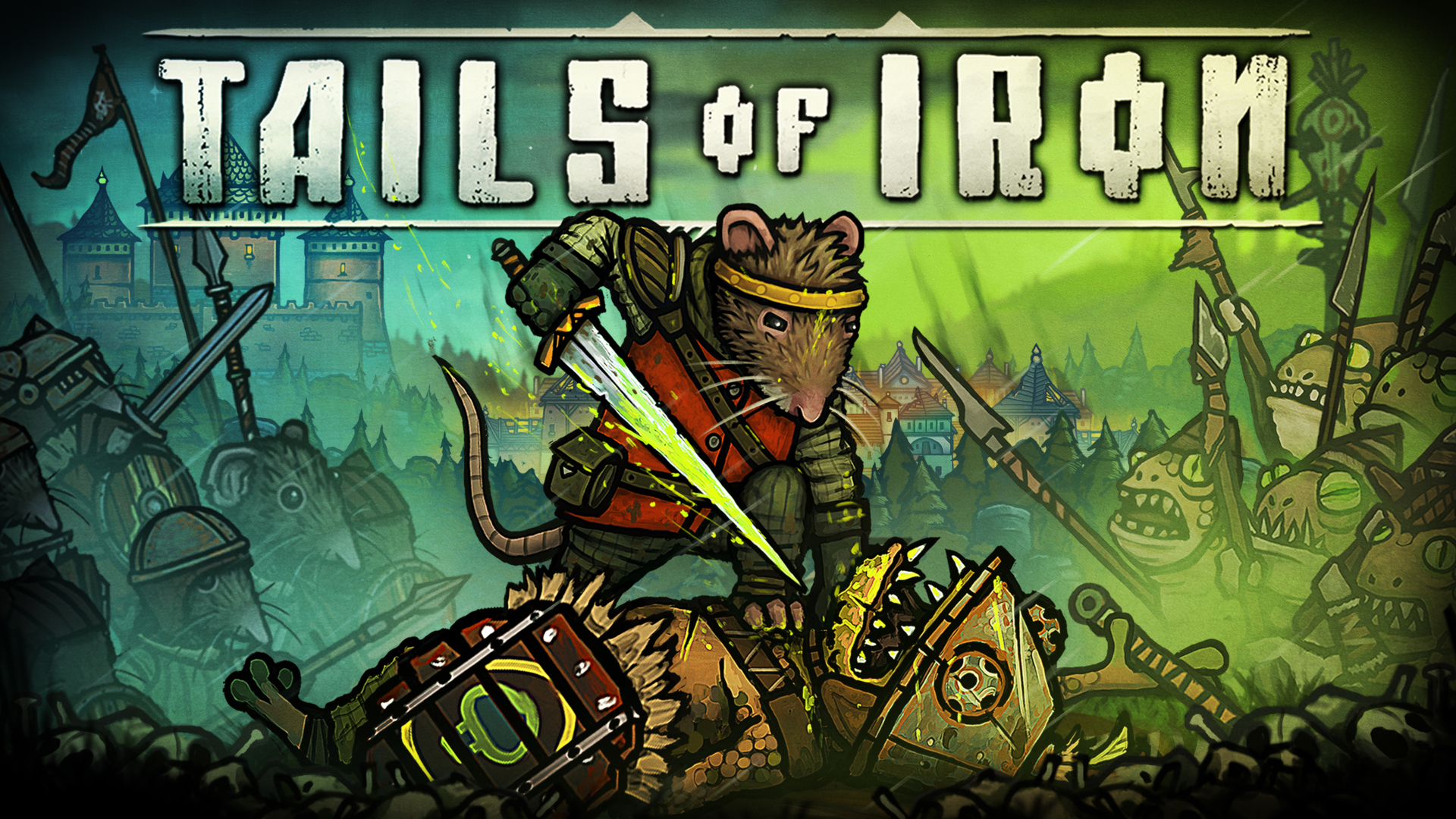

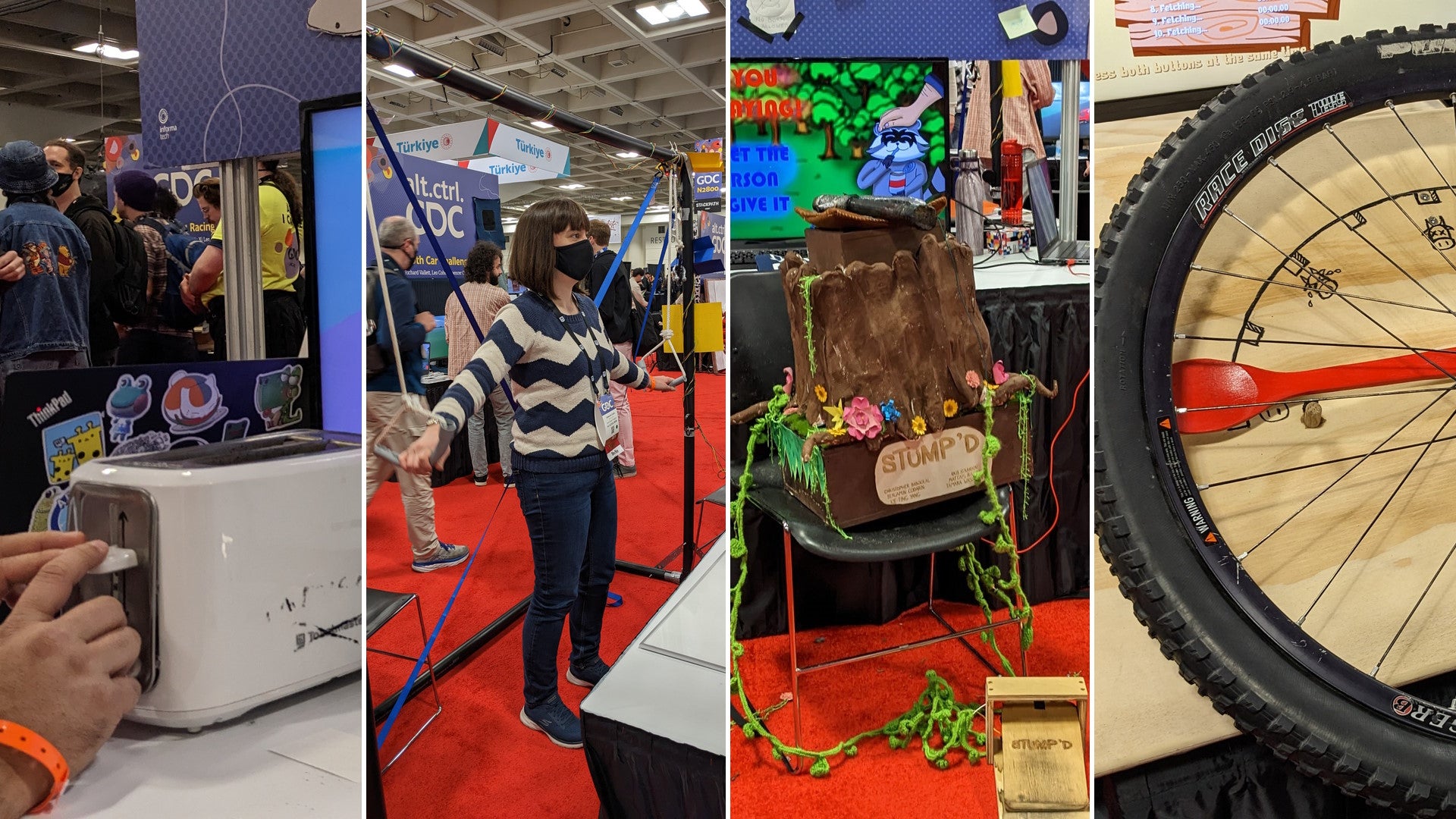 regular
regular 
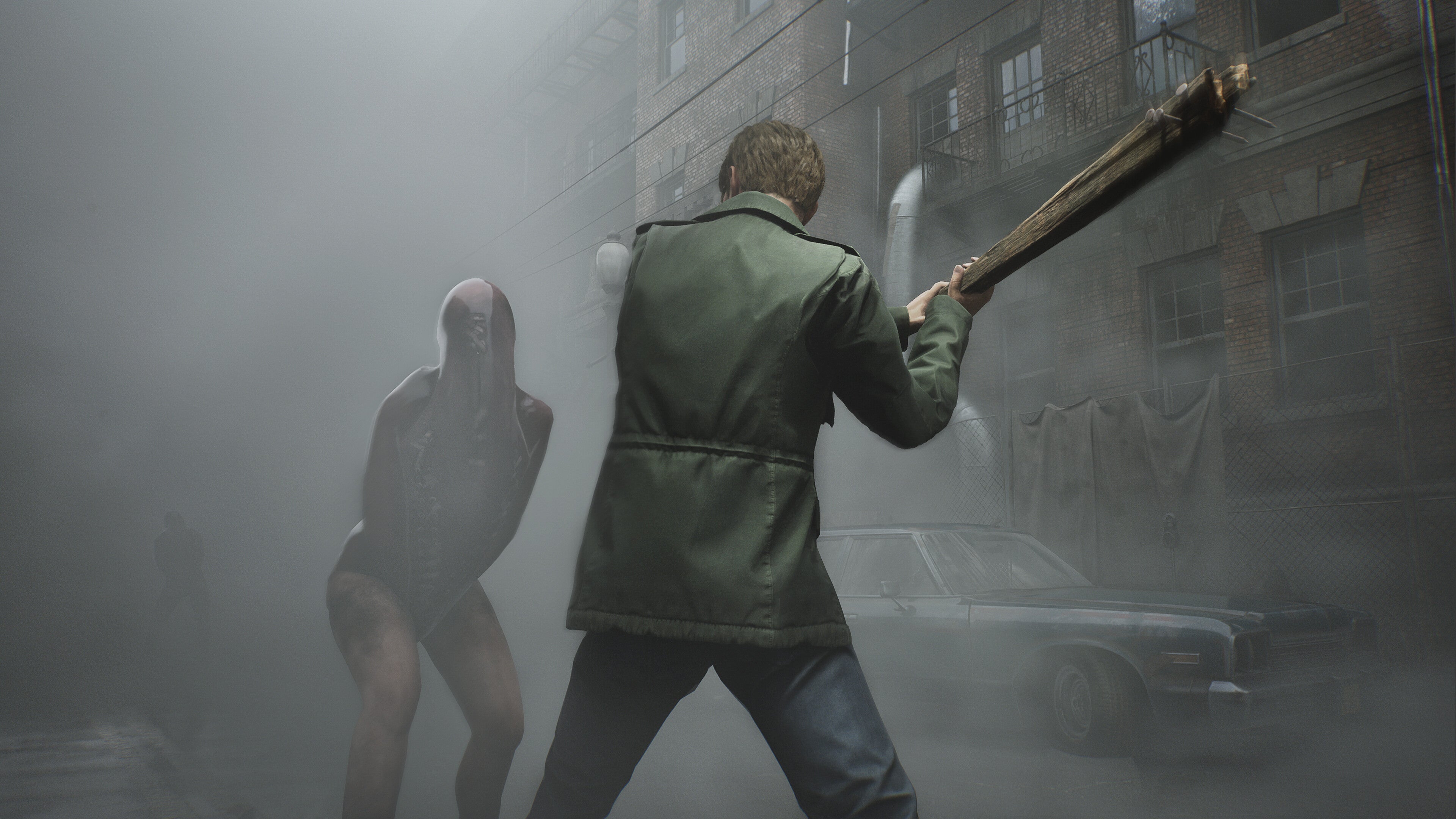 statement about their upcoming
statement about their upcoming